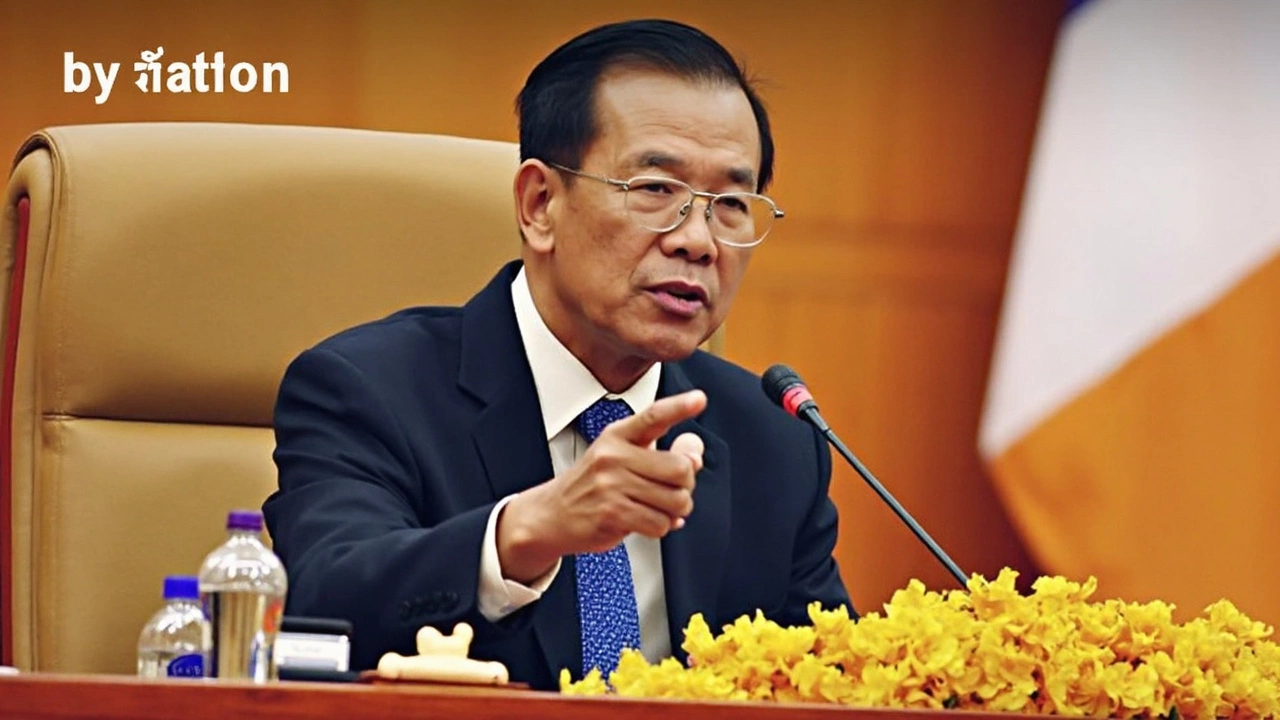Military Tensions and Their Impact on Motorsports
Whenever geopolitical strains rise, the racing world feels the ripple. It’s not just about flags on a circuit; it’s about travel bans, supply shortages, and even how teams think about safety. If you love track days or follow the big championships, you’ll notice the subtle ways world events shape what you see on the tarmac.
Race calendars get reshuffled
International series like MotoGP, World Superbike or the Formula 1 calendar rely on smooth borders and stable visas. When a country is involved in a military standoff, governments can tighten entry rules overnight. Teams that were set to ship cars to a race in the Middle East might suddenly face flight restrictions, forcing organizers to postpone or move the event. The result? Fans lose a race weekend, sponsors miss exposure, and teams scramble to adjust logistics.
Supply chains and tech crossover
High‑performance parts often come from defense contractors. Think of carbon‑fiber composites, advanced aerodynamics, or telemetry systems—many were first used in military projects. When tensions rise, governments may prioritize defense orders over sport‑related contracts, slowing down the flow of critical components. On the flip side, some tech designed for the battlefield finds its way onto the track, making cars faster and safer. Understanding this push‑pull helps teams plan budgets and avoid unexpected hiccups.
Safety protocols also get a boost during uneasy times. Tracks near conflict zones may tighten security, add checkpoints, or limit spectator numbers. Racing bodies work with local authorities to ensure that a race doesn’t become a target. For fans, that means more visible police presence and sometimes stricter bag checks, but it also gives peace of mind that organizers are taking no chances.
Sponsorship dollars can shift too. Companies tied to defense spending might pull back from visible sports marketing if public opinion turns negative. Conversely, firms looking to showcase resilience may increase their presence on liveries, especially if they want to signal stability. Teams need to stay agile, scouting new partners who aren’t affected by the same geopolitical pressures.
Everyone from riders to engineers feels the impact. A rider’s training camp in a country facing sanctions could be cancelled, forcing a change in preparation plans. Engineers might have to redesign cooling systems if a particular metal becomes scarce due to export bans. Even fans watching from home can see broadcast changes, as satellite feeds get rerouted or delayed during conflicts.
The good news? The motorsport community is used to adapting. In the past, races have moved from one continent to another on short notice, and teams have learned to build flexible supply chains. By keeping an eye on global news, staying in touch with partners, and having backup plans, the sport can keep the wheels turning even when world events get tense.
So the next time you hear about a standoff on the news, remember it’s more than a headline. It can shift the start‑grid, affect the tech under the hood, and change the way sponsors and fans interact with the sport. Staying informed gives you a better view of why a race might be postponed or why a new safety feature appears out of nowhere.
At TrackMaster Motorsports we’ll keep you posted on how these global shifts play out on the track. Stick around for updates, analysis, and practical tips to enjoy racing no matter what’s happening beyond the paddock walls.
